
Trio sharpen Saudi healthcare innovation
They say bullying scars for life, but for one Saudi medical specialist it was early inspiration for a ground-breaking innovation at the sharp end of cartilage reconstruction.

They say bullying scars for life, but for one Saudi medical specialist it was early inspiration for a ground-breaking innovation at the sharp end of cartilage reconstruction.
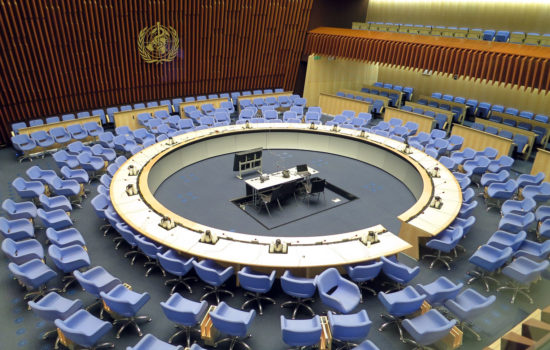
The WHO is most effective when it unites nations around practical solutions, rather than dividing them in ideological debates. Next week in Geneva the Executive Board needs to steady the ship. WHO’s proper role should to be to set the top priorities for global health, and not try to be all things to all people. WHO must get back to basics, and put politics to one side.

This post is one of a series in the #Innovate4Health policy research initiative. For centuries, people have been fascinated with and assisted by wearable technology.

Saudi Arabia thus shows that healthcare innovation happens throughout the world. The work of Saudi entrepreneurs holds promise for solving both economic and health challenges in the Kingdom.
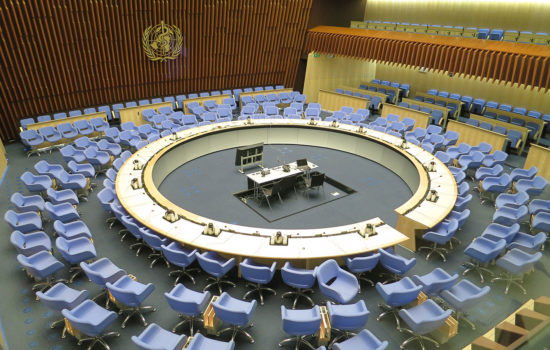
Global health agency Unitaid has helped millions in low- and middle-income countries through its constructive and collaborative approach to intellectual property rights (IPRs).
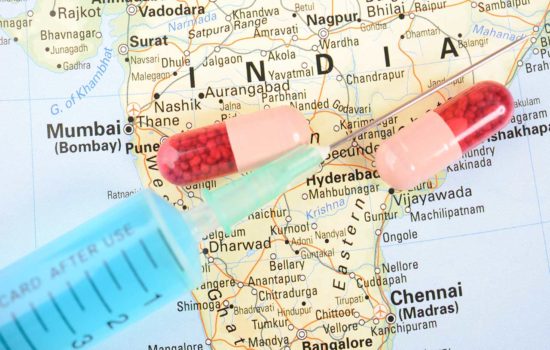
According to a major study in Lancet, India has made solid progress in reducing deaths from common non-communicable diseases, such as cancer,

CodeBlue wrote an article, “Low Cost Measures To Tackle Health SDGs Proposed Ahead of UN Meeting” highlighting the major recommendations of the Improving Access to Medicines report that a coalition of think tanks, including Geneva Network, published ahead of the 74th session of the United
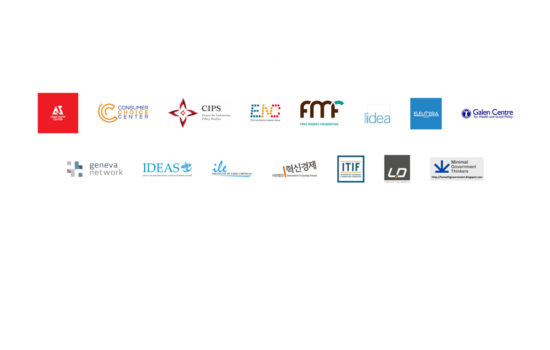
Improving access to medicines and quality healthcare remains a key area of action for the member states of the United Nations.
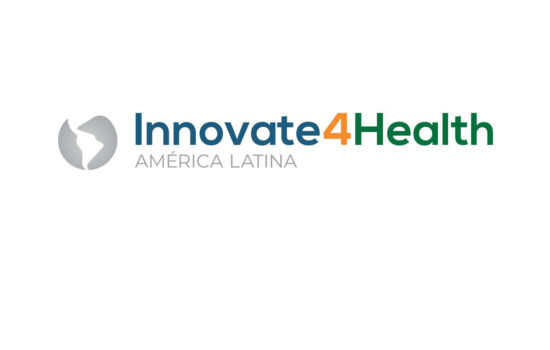
The Innovate4Health project tells the exciting story of people who are solving the world’s biggest health challenges through innovation.